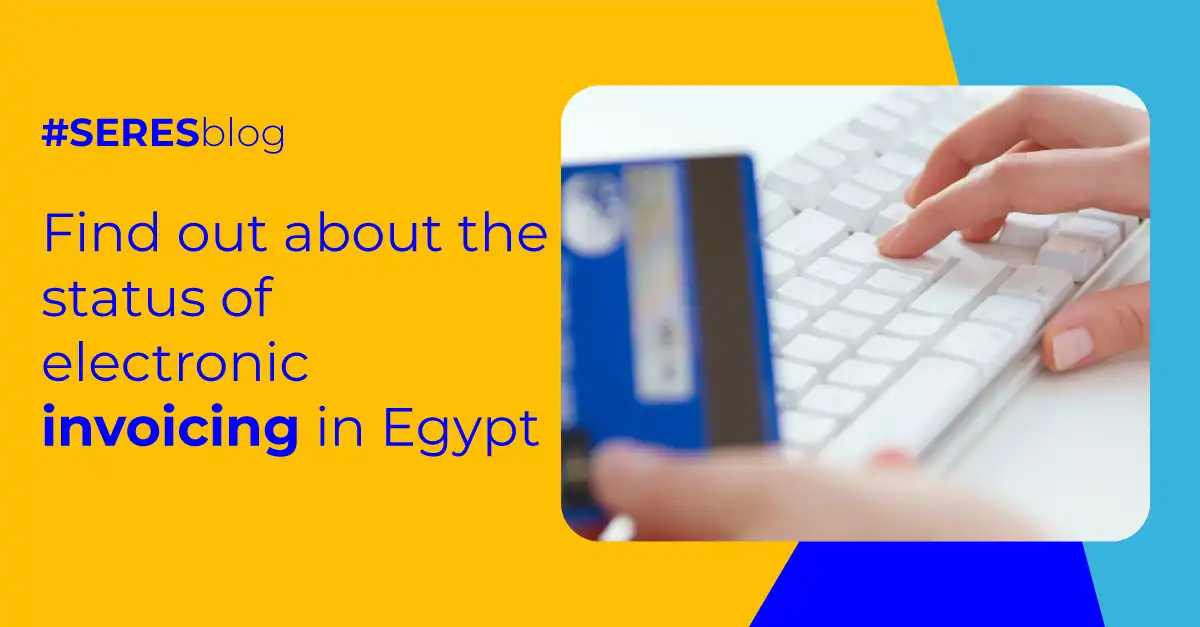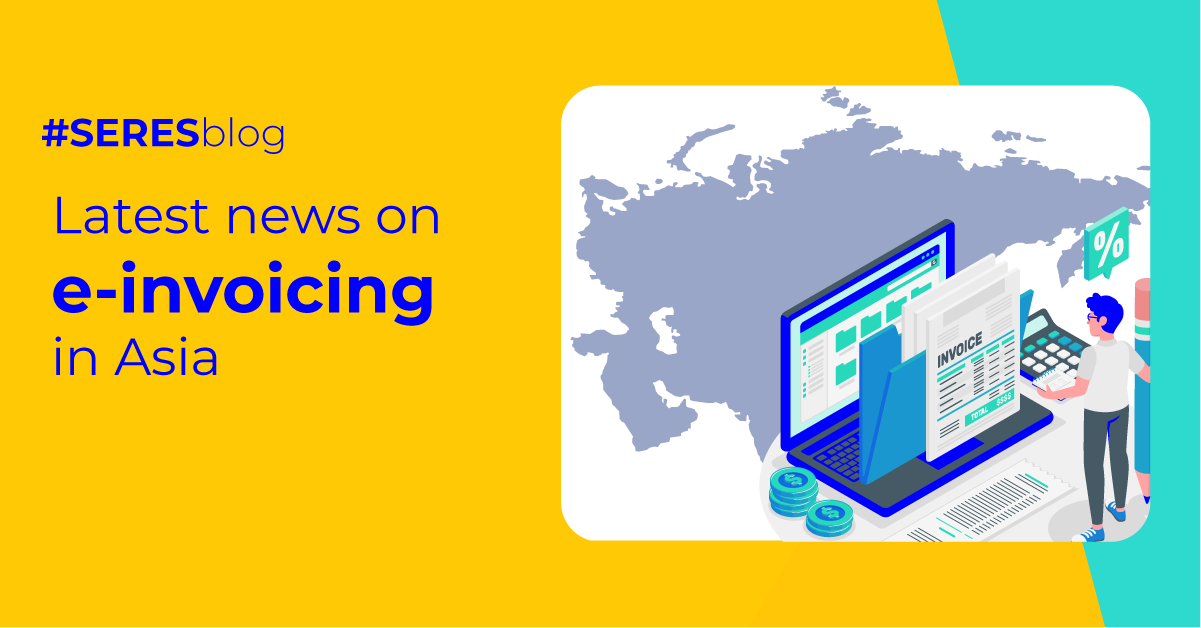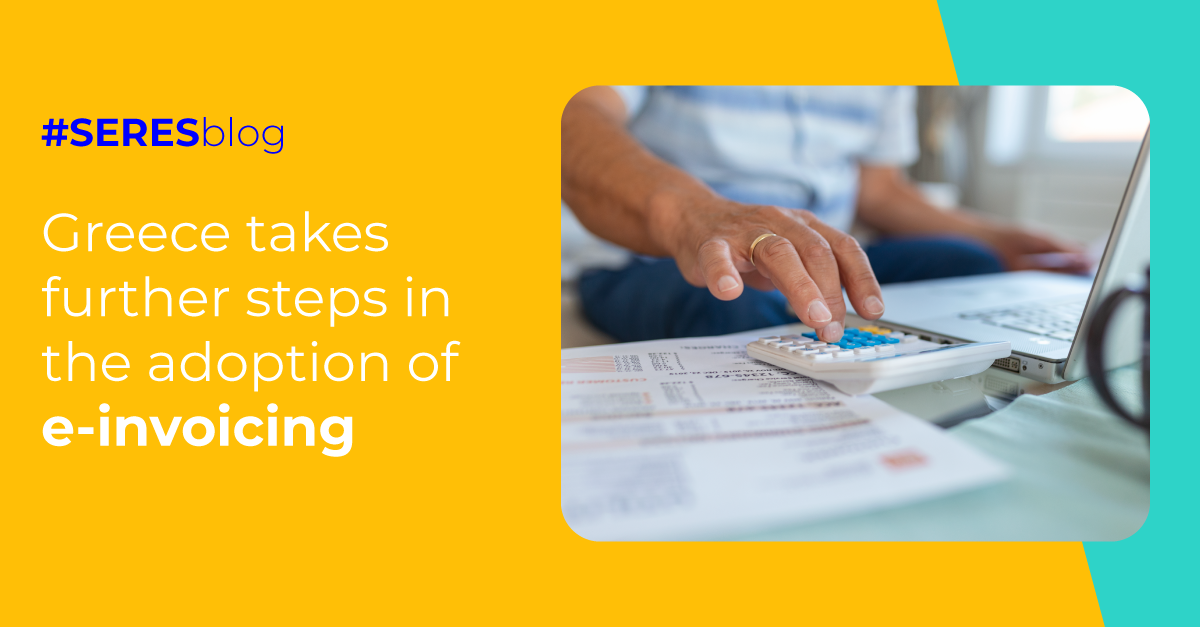Updates on e-invoicing in Europe
The implementation of regulations that seek the adoption of electronic invoicing is progressing well throughout Europe, particularly in the context of B2B and B2G transactions.
Directive 2014/55/EU marked the beginning of this transformation and, currently, VAT in the digital era and the use of PEPPOL are driving and reinforcing its expansion.
Some countries such as Germany, Belgium or France have already established deadlines for the future obligation in the coming years, while in others such as the United Kingdom, Slovakia or Latvia, B2B e-invoicing is at a very early stage.
In the case of Germany, the obligation has already begun and is expected to end in 2028. Belgium and France, on the other hand, are evaluating the implementation of a 5-corner system based on PEPPOL.
In this article, we will explore the challenges and changes taking place in Belgium, France, Germany, Greece, Hungary, Slovakia, Turkey and the United Kingdom.
.png?width=760&height=397&name=Novedades%20europaEN%20(2).png)
B2B e-invoicing in Germany
In Germany, the implementation of B2B e-invoicing has been formally adopted on a national scale. Concurrently, a voluntary phase has been initiated for taxpayers who elect to adopt this system.
It is now mandatory for all companies to be capable of receiving electronic invoices that comply with the EN 16931 standard. The obligation is scheduled to be extended in January 2027 to companies with a turnover of over €800,000, and in 2028 to all other companies.
During the adoption period, formats such as ZUGFeRD and Factur-X will be utilised, and invoices of less than €250 will be exempt from compliance with all requirements.

B2B e-invoicing in Belgium
The Belgian federal public finance service has announced that electronic invoicing will be mandatory in Belgium as of 1 January 2026. Concurrently, the utilisation of accounting software for the exchange of PEPPOL-format invoices will become obligatory.
It is noteworthy that the present year, 2025, marks the final opportunity for Belgian taxpayers to submit invoices in PDF format, as from December of this year, the tax authority will be obliged to adhere to the stipulated requirements of the structured e-invoice format, which is governed by the EN 16931 standard.
B2B e-invoicing in France
The government and the DGFiP are seeking to enhance business competitiveness and optimise payment times through the implementation of e-invoicing. The DGFiP has announced its intention to adopt a B2B e-invoicing model in France based on the 5-corner system.
To this end, invoices are to be managed through PDPs (Plateformes de Dématérialisation Partenaires), with the PPF (Portail Public de Facturation) being responsible for managing a directory and collecting the data provided by the PDPs. The pilot phase of the PDPs is now operational.
It is anticipated that, from September 2026, all companies will be capable of receiving electronic invoices, while large and medium-sized companies will also be obliged to issue them.
B2B e-invoicing in United Kingdom
The UK government has announced its intention to initiate a consultation on e-invoicing in 2025, with the objective of promoting the adoption of e-invoicing across all government administrations and businesses.
The initiation of B2B e-invoicing in the UK is projected to commence in 2029, following a phased implementation approach that mirrors the approach adopted in Belgium.
B2B e-invoicing in Greece
On 2 July 2024, Greece submitted a request for a derogation from articles 218 and 232 of Directive 2006/112/EC, with the aim of implementing mandatory B2B e-invoicing.
The European Commission's response was favourable, as it granted the Greek government permission to impose e-invoicing in Greece. The timetable for this implementation was set to commence in July 2025, with a possibility of extension until June 2026.
By the end of 2024, Greece was scheduled to launch its e-delivery notification system in two phases. Finally, the IAPR announced its postponement in order to extend the deadline for the implementation of the digital systems for tracking and issuing transport documents for goods.
Consequently, the initial phase has been extended to 31 March 2025, while the subsequent phase is scheduled to commence from 30 September 2025.
Concurrently, a mandate will be imposed on all entities, obliging them to report electronic invoice data through MyDATA from 1 October 2025.
B2B e-invoicing in Hungary
Electronic invoicing is now mandatory in Hungary for all commercial transactions in the electricity and natural gas sectors, applying to all suppliers, traders or distributors, among others.
To make this possible, the Hungarian government has had to amend Government Decree No. 237/2007 and Government Decree No. 19/2009 to oblige energy traders and gas suppliers to issue B2B e-invoices.
B2B e-invoicing in Slovakia
A public consultation on the draft law that would amend the current Value Added Tax (VAT) Act to introduce e-invoicing in Slovakia concluded on 31 January.
Nevertheless, the Slovak tax authority has already set 2027 as a possible date by which businesses must issue and receive electronic invoices.
B2B e-invoicing in Turkey
Since 14 December, Turkish taxpayers have had the option of utilising a new central application for electronic invoices and electronic delivery notes: e-Fatura and e-Irsaliye.
Furthermore, taxpayers registered in both applications will be granted the ability to issue printed paper documents, designated as (e-Arsiv-invoice).



